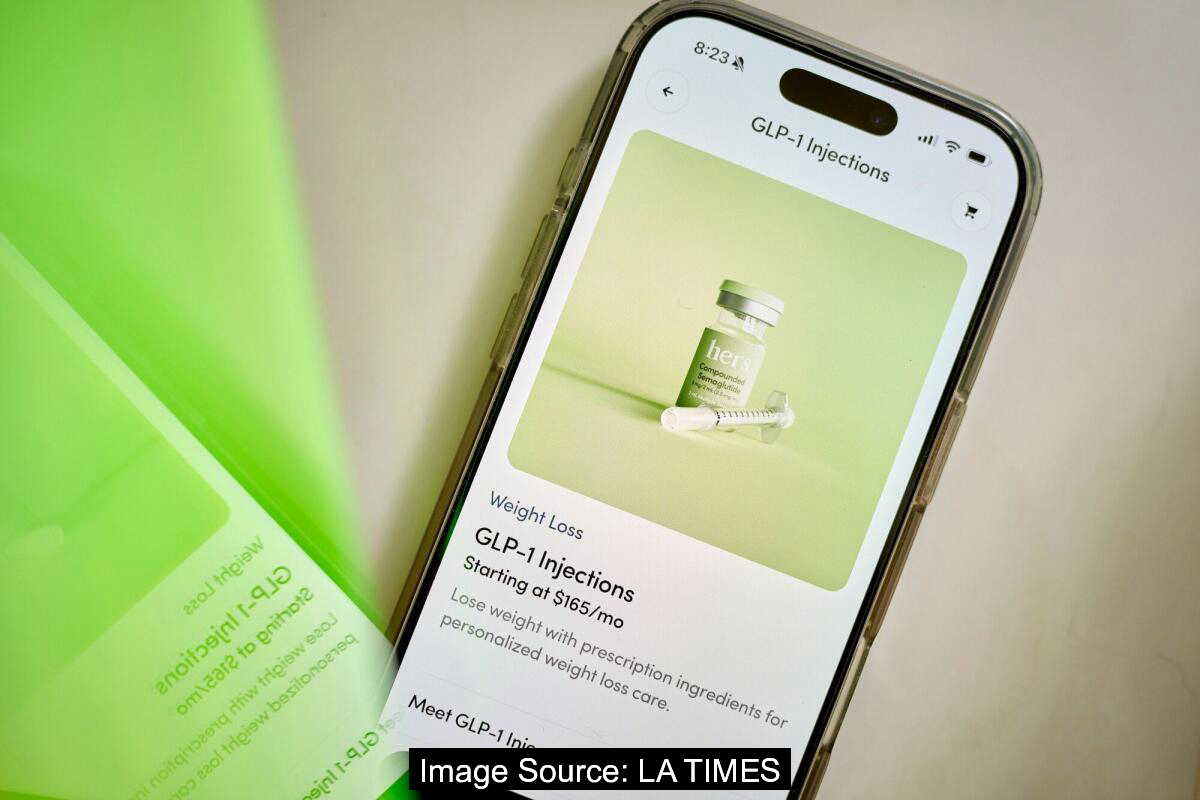Here’s a heartfelt and engaging introduction for the given title, within 300 characters, with a mix of and tags:
Novo, a leading financial technology company, has made a bold move by exiting its partnership with Hims & Hers, a popular telehealth provider. The decision was driven by Novo’s concerns over “deceptive marketing” practices, raising questions about the integrity of the healthcare industry. This unexpected development has sent shockwaves through the digital health landscape, leaving us to wonder about the implications for consumers and the future of such partnerships.

Novo Nordisk Scraps Partnership with Hims & Hers Over “Deceptive Marketing”
The Breakdown of a High-Profile Collaboration
Novo Nordisk, the Danish pharmaceutical giant, has abruptly ended its partnership with Hims & Hers Health Inc., a leading telehealth platform. The decision comes after less than two months of collaboration, with Novo citing Hims’ “deceptive marketing” tactics in selling copycat versions of Novo’s blockbuster obesity drug, Wegovy.
Novo’s Concerns and Hims’ Response
According to Ludovic Helfgott, Novo’s executive vice president of product and portfolio strategy, the “big issue” was that Hims had not upheld its end of the agreement to stop the mass marketing of off-brand imitations of Wegovy. Helfgott stated, “That’s why we ended the partnership.”
In response, Andrew Dudum, Hims’ Chief Executive, called Novo’s comments “misleading,” claiming that Novo had been pressuring Hims to “steer patients to Wegovy regardless of whether it was clinically best for patients.” Dudum asserted that Hims would continue to offer “a range of treatments, including Wegovy.”
The Impact on the Telehealth Company
The withdrawal of the Novo partnership has had a significant impact on Hims’ stock, with shares tumbling 35% in New York on Monday – the largest single-day drop in the company’s history. Analysts suggest that the loss of this lucrative obesity profit stream will leave Hims without an attractive revenue source.
Novo’s Challenges in the U.S. Market
The breakdown of the Hims partnership is the latest in a series of setbacks for Novo Nordisk, which had been counting on the collaboration to broaden its access in the U.S. market, where it is losing ground to rival Eli Lilly & Co. Novo has faced clinical trial failures, waning obesity market share, and the recent departure of its CEO, Lars Fruergaard Jorgensen.
The Compounding Issue and FDA Regulations
Novo’s concerns centered around Hims’ continued practice of mass marketing off-brand, compounded versions of Wegovy, which are technically allowed under FDA rules for personalized dosages. However, Novo expected Hims to move away from this approach, which the company saw as a violation of their agreement.
The Race to Meet Demand
The shortage of Wegovy and Lilly’s rival drug, Zepbound, has created an opportunity for compounders to fill the gap, as patients seek alternatives. Novo needed more time to ensure a consistent supply of Wegovy, while Lilly was able to ramp up production more quickly, giving compounders a foothold in the market.
Conclusion: A Cautionary Tale in the Evolving Telehealth Landscape
The breakdown of the Novo-Hims partnership serves as a cautionary tale in the rapidly evolving telehealth industry. As companies navigate the complex regulatory landscape and strive to meet patient demand, the delicate balance between innovation, collaboration, and ethical practices is being tested. This episode highlights the importance of clear communication, aligned objectives, and a shared commitment to patient-centric care in the ever-changing world of digital health solutions.
Keywords
were
English translation: were
Example sentences:
– They were students last year.
– The flowers were in full bloom.
Detailed explanation: The word “were” is the past tense form of the verb “to be.” It is used to describe a state or condition that existed in the past.
business
English translation: business
Example sentences:
– She owns a small business.
– The company’s business is expanding.
Detailed explanation: The word “business” refers to the activity of making, buying, or selling goods or services in order to make a profit.
English translation: share
Example sentences:
– Let’s share the cost of the meal.
– She shared her experiences with the class.
Detailed explanation: The word “share” means to divide and distribute something, or to participate in something with others.
mass
English translation: mass
Example sentences:
– The crowd gathered in a mass.
– The company produces mass-produced products.
Detailed explanation: The word “mass” can refer to a large amount or quantity of something, or to a large group of people or things.
English translation: sharing
Example sentences:
– Sharing your ideas is important in a team.
– The children were sharing their toys.
Detailed explanation: The word “sharing” means the act of dividing, distributing, or enjoying something with others.
Encouraging words for language learners: Keep up the great work in your language learning journey! Consistent practice and a positive mindset are key to improving your skills. Remember, every step forward is progress, so don’t be discouraged. You’ve got this!